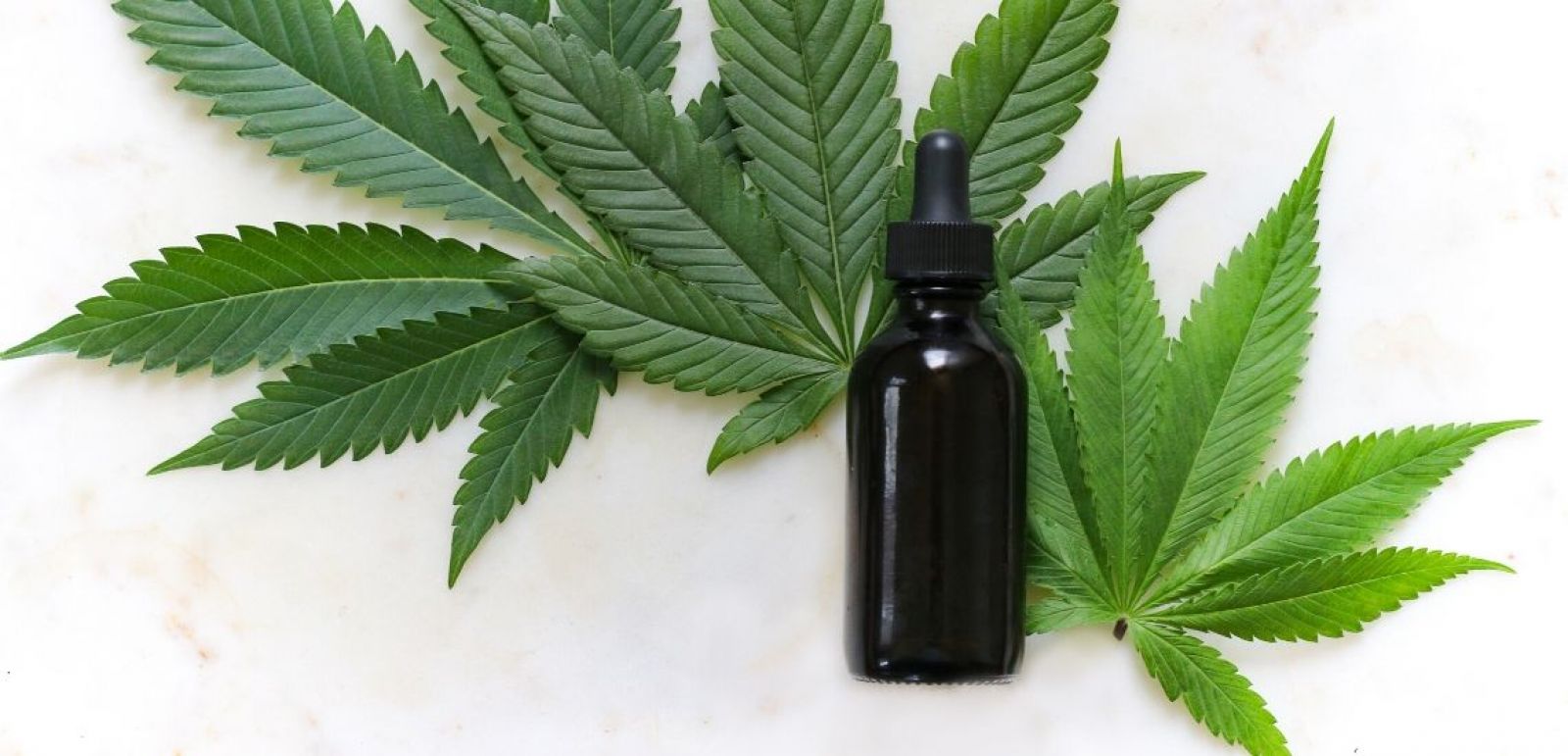
News
Growing or Acquiring Hemp–State and Indian Tribe Legalities
Legal lines for the US Cannabis Drinks Market
“There are requirements that all hemp producers must meet. These include Licensing requirements; maintaining information on the land on which hemp is produced; procedures for testing the THC concentration levels for hemp; procedures for disposing of non-compliant plants; compliance provisions; and procedures for handling violations.” -Agricultural Marketing Service, United States Department of Agriculture
States of Colorado, Kentucky, and Oregon have already set up industrial hemp programs wherein you can become a licensed farmer and grow industrial hemp with a yield of less than 0.3% THC levels.
California's industrial hemp program was recently rolled out a few months back. Those that acquired licenses signed up within their counties at their nearest USDA Service Centres where one could get connected with the Farm Service Agency or Natural Resources Conservation Service employees for business needs.
USDA has also provided a way of locating these service centers across America, only by asking for your state and your county on their farmers' website (links to which are given below).
So if you are looking to create hemp-based products, you need to at least make sure that you are acquiring it from a cultivator who is licensed, which will mean that THC levels are equal to or under 0.3% which assures that it is legally “hemp”. Also as mentioned earlier the state does not care about CBD.
“States can create industrial hemp programs that can get approved by the federal government that will allow folks in those states to grow licensed industrial hemp, i.e. undertake industrial level cultivation.” - Lauren Mendelsohn, Associate Attorney/Law Offices of Omar Figueroa (At the Cannabis Drinks Expo)
Every state where Cannabis is legal (enforced by the State only), the State can now submit plans to the USDA on an industrial hemp program for its own farmers and growers, for states that do not submit a plan, federal guidelines will apply. These plans must meet or surpass standards set by the USDA. Only licensed hemp sellers will be legally permissible to grow hemp unless the yield of the farmer falls under exceptions mentioned in the Farm Bill only.
USDA standards also involve rules that address interstate transport and acceptable levels of THC in hemp, both of which no state can prohibit.
In any case, if you are situated in a state which has prohibited hemp cultivation itself, the USDA and the Centre will be strong-armed into not being able to do anything about it as a state can prohibit hemp production within its geography. Those that approve hemp production must comply with the plans of USDA standards or add further restrictions (no matter how unreasonable they may be) provided they meet USDA standards at least.
Testing Labs
Before I begin legal concerns pertaining to acquiring industrial hemp, there is a rather significant legal step before industrial hemp gets to a producer of a hemp-based product. Testing labs that test plants must be registered with the DEA (Drug Enforcement Administration). A DEA agent must be the only person who destroys the plants in case any disparities are found with THC levels equal to or more than 0.3%.
This is becoming a dangerous game since acquiring a license of a testing lab is essentially easy if you have a strong network. There are bare minimum requirements to get a license to your very own testing lab, and one can allegedly “open one in a backyard” says a hemp-based edibles producer.
But it is certainly a relief that there are new rules and regulations on the discussing table with the AB-228 bill.
Acquiring Industrial Hemp
As the USDA’s interim final rule for hemp becomes effective on Thursday through Nov. 1, 2021, the government has provided comments from time to time which will be taken into considering during the final ruling.
In any case, if you are looking for a hemp producer the information written above about “Growing industrial hemp” and “Testing Labs” is going to prove equally valuable for you just in case you skipped and began reading from this point onwards.
The concerns that you while acquiring industrial hemp will need to keep in mind will be, that your hemp-based product will be considered legal, if only that hemp is acquired from a legal DEA licensed hemp grower, and which has been certified by a testing lab (registered with the DEA) to contain industrial hemp as per federal norms, i.e. containing hemp with THC levels less than 0.3%. Both criteria must be met to steer clear of selling your hemp-based edible in the cannabis drinks market.
The ab-228
If you are the producer of a hemp-based product, ab-228 does not direct rules for potential or existing hemp product manufacturers, it only imposes restrictions and certain statutory requirements without which your hemp product will be immediately badged illegal.
On the passing of this bill,
-
You will be mandated to produce evident documents about the hemp you use clearly signifying that the hemp is acquired from a grower who has established his/her business under the state-approved hemp program which ensures human consumption safety.
-
There shall be no health claims on the label in any way, and the packaging and label shall be distributed with a specified warning, and especially mentioned that the product contains hemp, while keeping other requirements in mind.
-
Any raw hemp acquired must come with a certificate of analysis from a testing lab licensed and registered with the DEA.
“We can avoid more burden and regulation on the industry by self-policing ourselves and being proactive and creating responsible products.” - Stacy Hostetter, General Counsel/CannaCraft (at the Cannabis Drinks Expo 2019)



